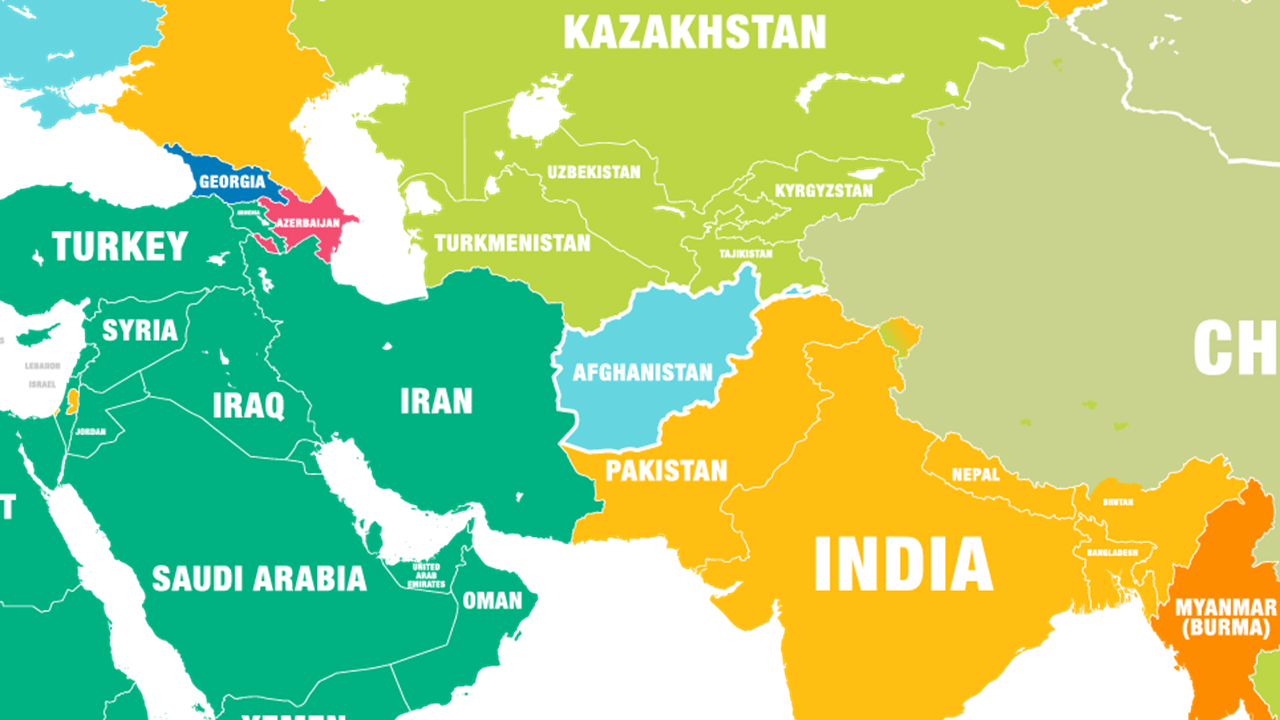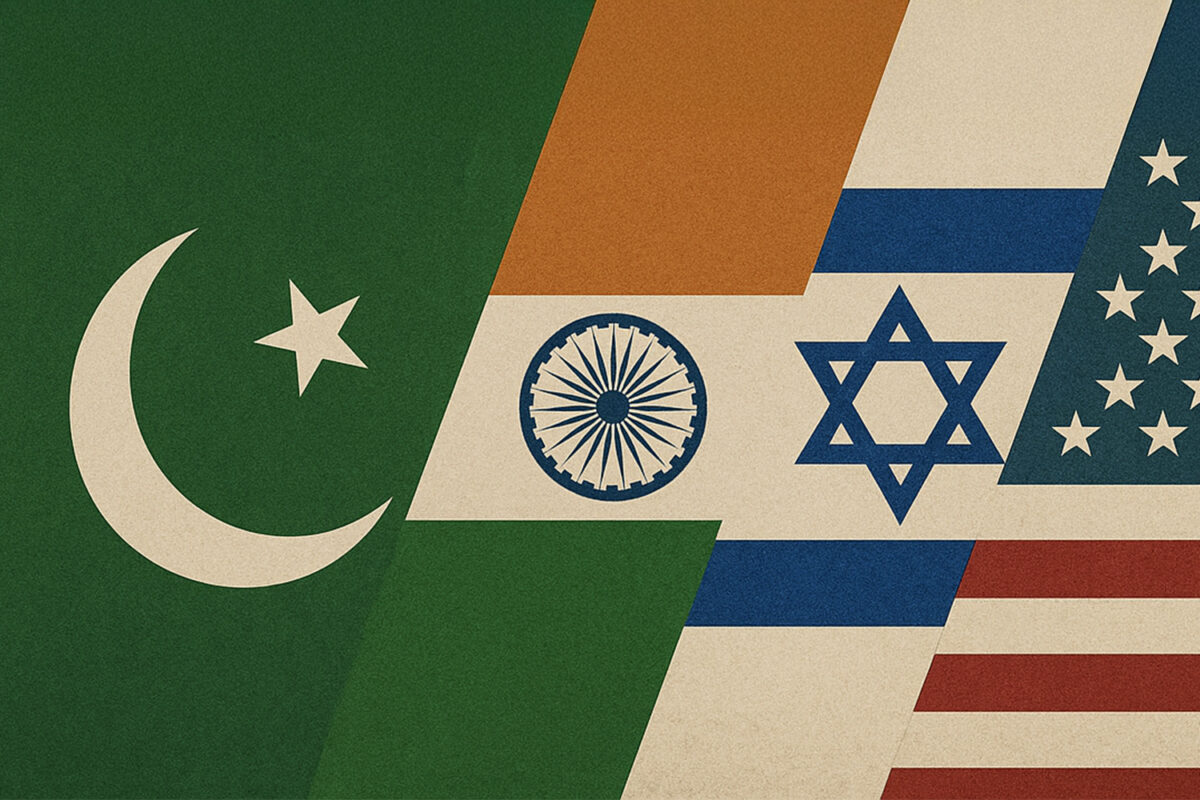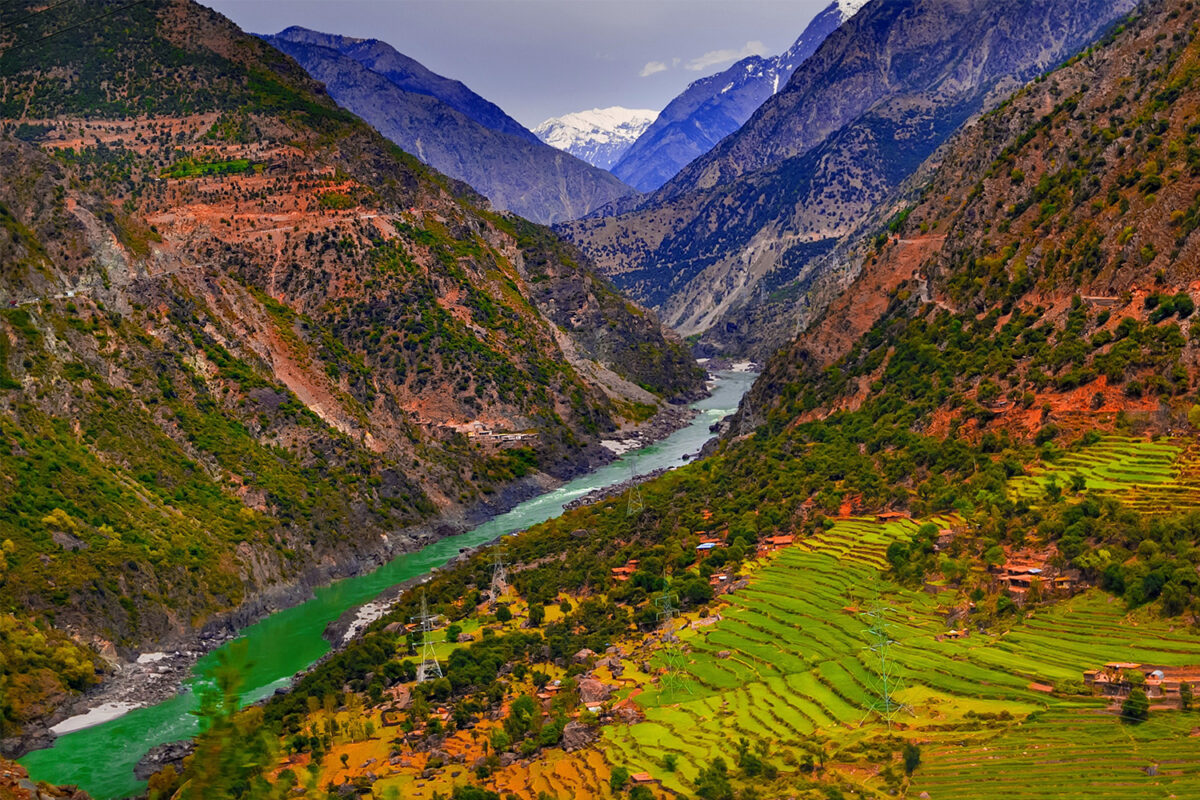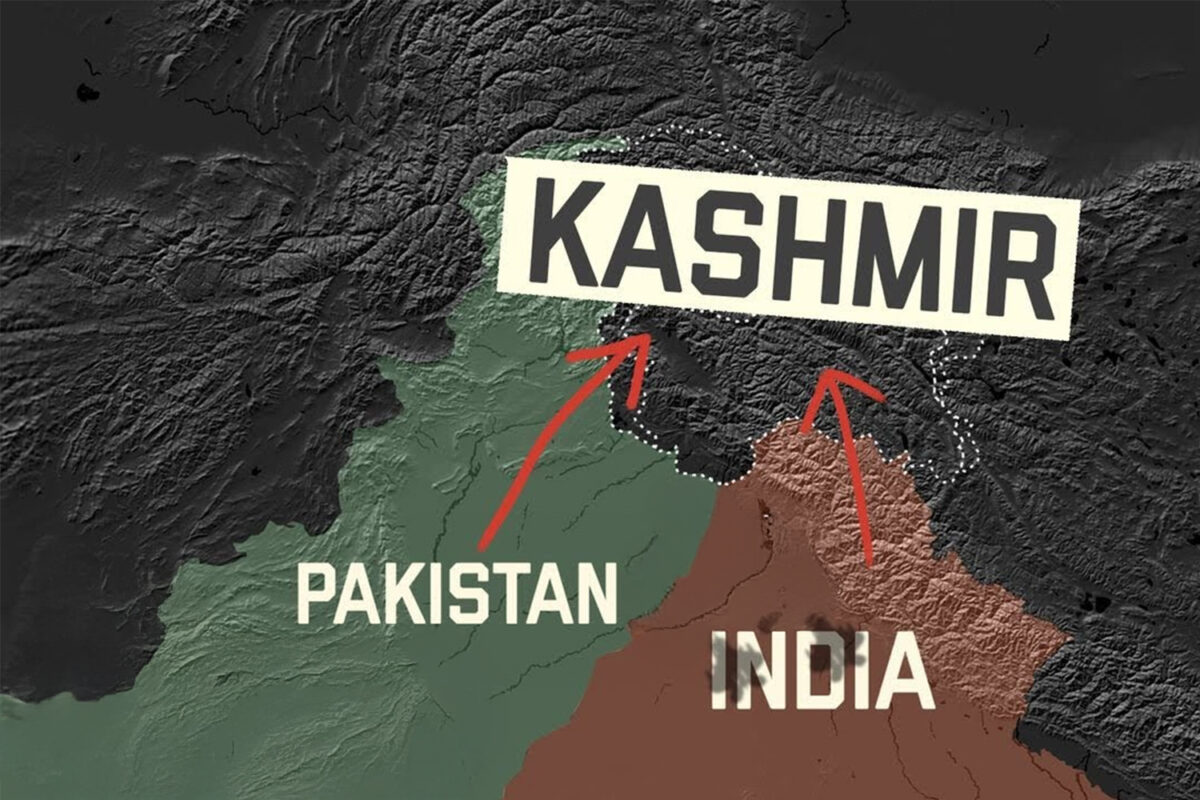Pragmatism prevails as Afghanistan’s neighbours and the world’s powers adjust to the Taliban’s ouster of the US backed Afghan regime. With the notable exception of India there is a palpable sense of relief that the roof of the world and the conjunction of the Central Asian nexus, has not descended into a protracted civil war. As with all seismic geopolitical events there are always winners and losers, and their reactions vary accordingly.
From Afghanistan’s immediate neighbours, the coy and guarded response of Islamabad does little to hide its glee. The depth of the relationship between the Taliban and Islamabad is adequately shown by the arrival, without a large security contingent, of Pakistan’s intelligence chief to Kabul.[1] The official stance, although highly implausible, emphasises the sovereign nature of the Afghan state and its independence from Pakistan, which has taken the attitude of an interested observer. In practice Pakistan has been intimately connected to the US withdrawal negotiations and in many ways it was solely responsible for bringing the Taliban to the negotiating table[2] but although Pakistan holds considerable sway over the Taliban they in turn maintain a large degree of independence from Pakistan. There exists an uneasy alliance between the two with a deficit of trust on both sides. Pretences aside, as acknowledgement to Islamabad’s central role in the immediate aftermath of the Taliban’s takeover both the UK and France sent their envoys to Islamabad to negotiate withdrawal arrangements.
The strategic importance of Afghanistan to Pakistan’s security and economy cannot be overstated and it was one which the US ignored at its own peril. The menagerie of the Ghani administration was never comfortable with Pakistan, their courting of Delhi and Tehran brought it the ire of Pakistan especially its powerful military and hardened opinion in Islamabad against it. Although the relationship between the Taliban and Pakistan has been factitious, with the low point being the betrayal of the Taliban by the Musharaf administration post 9/11, despite attempts Pakistan has not succeeded in fostering an alternative to the Taliban to exert its influence into its western neighbour and secure its western flank. Whilst the dust settles and the world becomes accustomed to the Taliban, Pakistan has shifted its position from that of an interested observer to intermediary and a moderating influence over the Taliban.
Whilst the dust settles and the world becomes accustomed to the Taliban, Pakistan has shifted its position from that of an interested observer to intermediary and a moderating influence over the Taliban
Pakistani Foreign Minister Shah Mahmood Qureshi in an interview with the Associated Press on the sidelines of the UN General Assembly’s meeting of world leaders expressed Islamabad’s position. He stated that “the international community has to realise: What is the alternative? What are the options? This is the reality, and can they turn away from this reality?.” He further went on to pledge that Pakistan is ready to play a “constructive, positive” role in opening communications channels with the Taliban because it, too, benefits from peace and stability. He emphasised that the Taliban is listening, “and they are not insensitive to what is being said by neighbours and the international community”.[3]

Iran’s relationship with the Taliban has been even more schizophrenic than that of Pakistan. From enthusiastically cheering the departure of the Taliban to grudgingly accepting their return, Iran’s policy has pivoted to accommodate the geopolitical reality they find themselves facing. For Iran, a plethora of interests are at stake including stemming the flow of migrants and refugees, containing narcotics trafficking, maintaining cross-border trade, mitigating the threat from the Islamic State group’s Khorasan branch, sharing water resources and ensuring the safety of Afghanistan’s Shia minority. Iran has adopted a reluctant engagement despite clerical reservations [4] with Grand Ayatollah Lotfollah Safi Golpaygani, one of Iran’s most senior clerics warning that engaging with the Taliban is a ”grave and irreparable mistake” and urged the government and the international community to act with seriousness” to avert further “Taliban aggression against oppressed Afghans”. Despite the traditional hostility between Tehran and the Taliban, Iran has sought a more positive arrangement with the new Taliban administration’s, primary concern being the inclusion of Shia elements in the upcoming administration, which disappointingly for Tehran failed to materialise[5].
The Central Asian states Turkmenistan, Uzbekistan and Tajikistan taking their lead from Russia have reacted cordially to the Taliban’s take over. Prioritising trade, security and stability with no desire to see a weak and ineffectual government in Kabul, they have chosen to engage positively with the Taliban. The prospect of stability in Afghanistan and the full implementation of the Afghanistan–Pakistan Transit Trade Agreement with its eventual inclusion of Central Asian republics have motivated them to seek cordial relations with the rulers of their southern neighbour and the shortest means to reach the rest of the world.[6] In return Central Asian states have been keen to garner security guarantees from the Taliban to ensure that Taliban controlled Afghanistan does not become a haven for those that seek to destabilise these often oppressive states.
Despite a considerable investment in Afghanistan amounting to nearly $3 billion including several high profile projects like the Salma Dam, Zarang-Delaram highway, the Afghanistan Parliament etc. Indian influence has floundered with the Ghani regime. India had previously agreed to pay for arm shipments from Russia to the Ghani[7] regime but despite several shipments including thousands of artillery shells[8], the Ghani regime collapsed and with it any vestiges of Indian diplomacy.
With an obvious sense of defeat the Indian media have reacted with predictable vitriol accompanied with farcical levels of journalism, to the extent that Arnab Goswami claimed ISI to have taken over the 5th floor of the Serena hotel when in fact it only has 2 floors.
Akin to India the UK has also felt a profound sense of defeat and has led western calls for the isolation and exclusion of the Taliban administration from international recognition and affairs. The BBC produced often sensationalised and subsequently proven to be false reports of abuses by Taliban commanders and affiliates. But in an admission to its obvious decline and inability to influence events on the ground with a softening of its position the UK Dominic Raab in his visit to Pakistan announced a £286 million pound aid package to Afghanistan[9].
[1] Pakistan’s intelligence chief visits Afghanistan’s capital (aa.com.tr)
[2] Pakistan brought Taliban to negotiations with US: Sh Rashid (thenews.com.pk)
[3] Pakistan’s message to world on Taliban: ‘Be realistic … engage’ | Taliban News | Al Jazeera
[4] Grand ayatollah warns against Iran’s Taliban approach – Al-Monitor: The Pulse of the Middle East
[5] Iran insists on ‘inclusive’ government in Afghanistan | Taliban News | Al Jazeera
[6] Afghanistan–Pakistan Transit Trade Agreement – Wikipedia
[7] India turns to Russia to help supply arms to Afghan forces | Reuters
[8] India delivering arms ammunition to Afghan government: Pakistani report | South Asia Monitor




